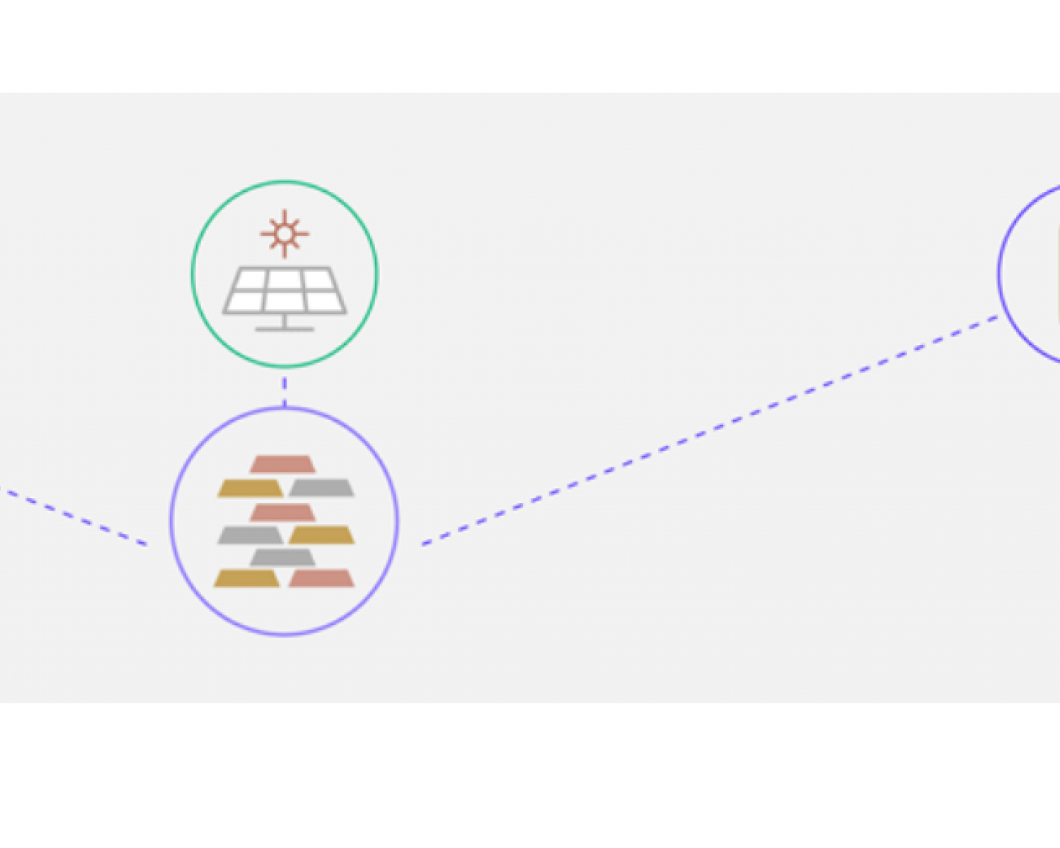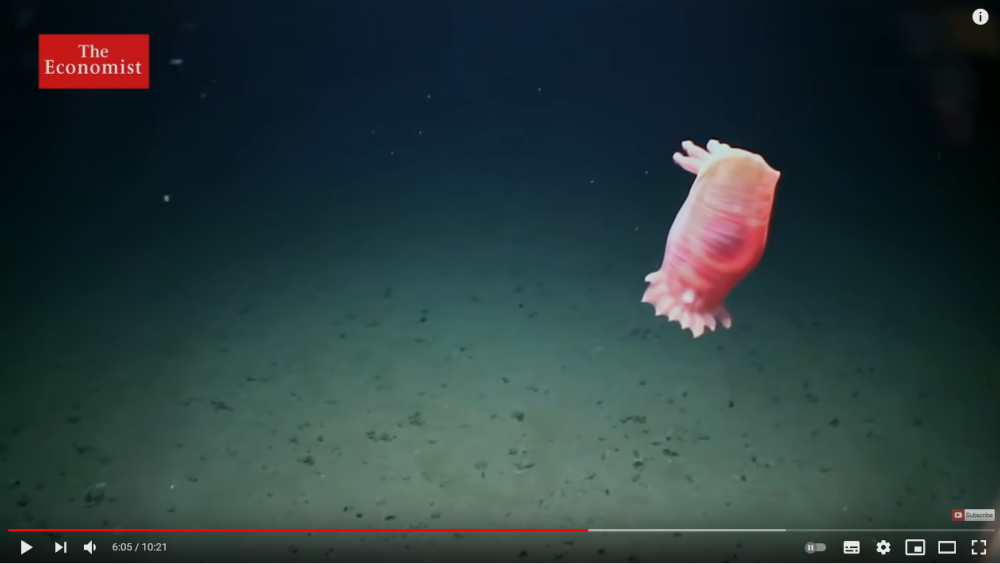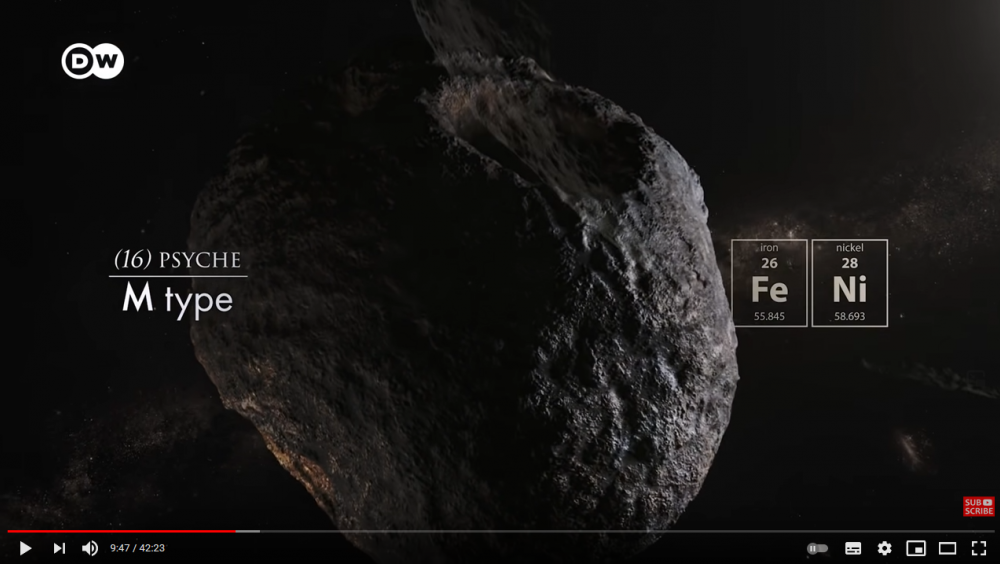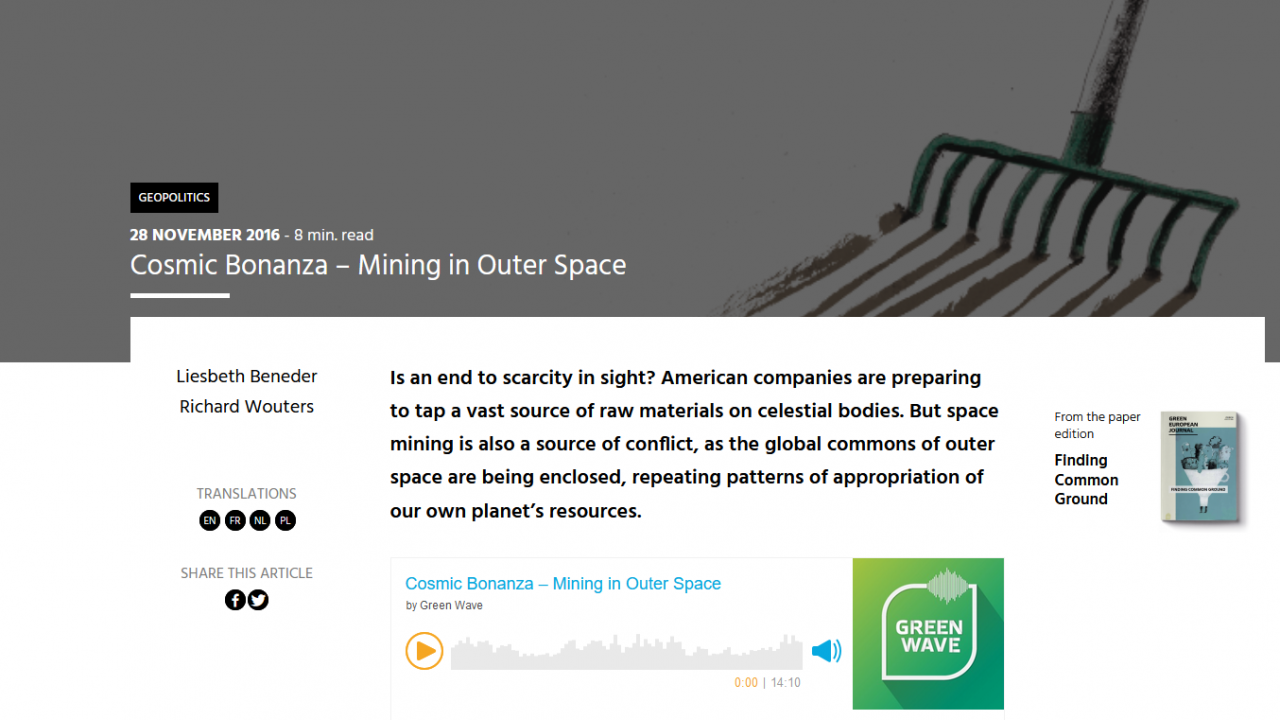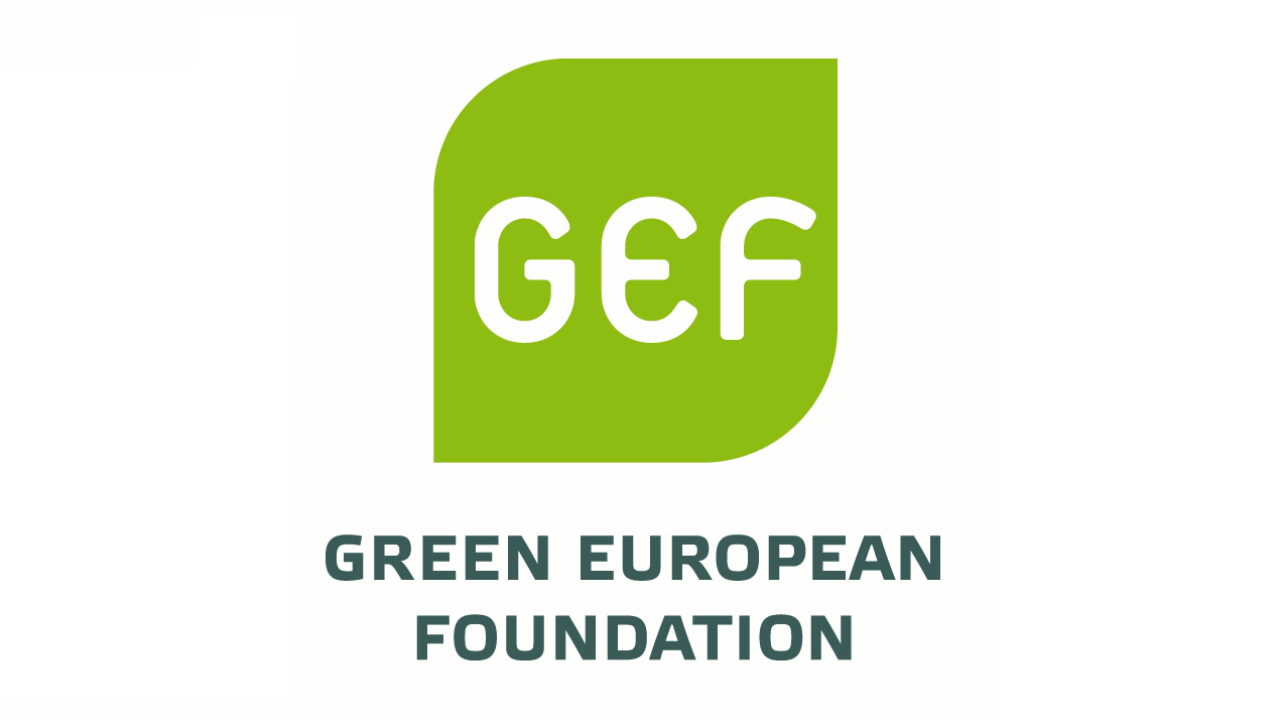7. Deep-sea and space mining
In anticipation of growing scarcity, the extractive industries are expanding the frontiers of mining to the ocean floor and into outer space. Will these pristine places provide us with the metals we so desperately need?
The deep sea is a treasure trove of minerals in high concentrations. Mining companies are already prospecting the abyssal plains of the oceans for polymetallic nodules, potato-like lumps that are rich in manganese, copper, cobalt, nickel, and rare earths. Seamounts and hydrothermal vents are also being explored for metals. Is deep-sea mining the cleaner alternative to mining on land? It is too early to tell. We know too little about the impacts of mining on marine biodiversity and the ocean carbon sink. Sponges and other deep-sea wildlife depend on polymetallic nodules, which take millions of years to grow back. Mining the ocean floor might wipe out entire species before we have even discovered them. And marine sediments are the largest pool of carbon storage; any decision to tamper with them must not be taken lightly. (1)
Ongoing research into the ecological effects of deep-sea mining will gradually reveal the extent of the damage and whether ecosystems can recover from it. (2) For the moment, the European Parliament and the European Commission are wisely advocating a moratorium on deep-sea mining. (3) However, they may find it difficult to garner enough support for such a precautionary approach within the International Seabed Authority (ISA). This intergovernmental organisation controls the areas of the ocean floor that lie beyond national jurisdictions – a third of Earth’s surface. ISA is under pressure from the mining industry to finalise its Mining Code and give the go-ahead for deep-sea mining on a commercial scale. (4) This makes it all the more important to drive forward the negotiations on a global treaty to protect marine biodiversity in international waters. Marine protected areas, off-limits to industrial fishing and mining, should cover at least 30 per cent of the oceans by 2030. (5)
